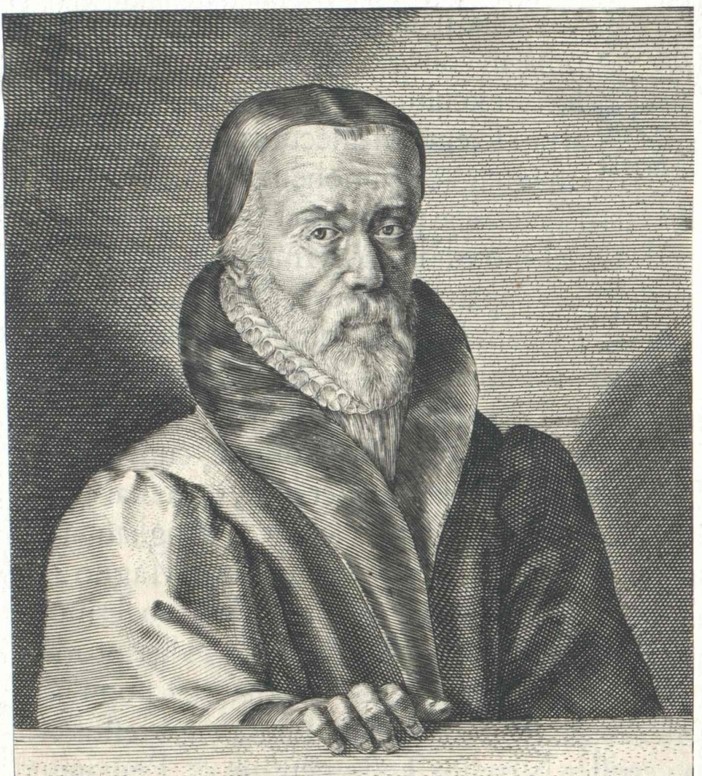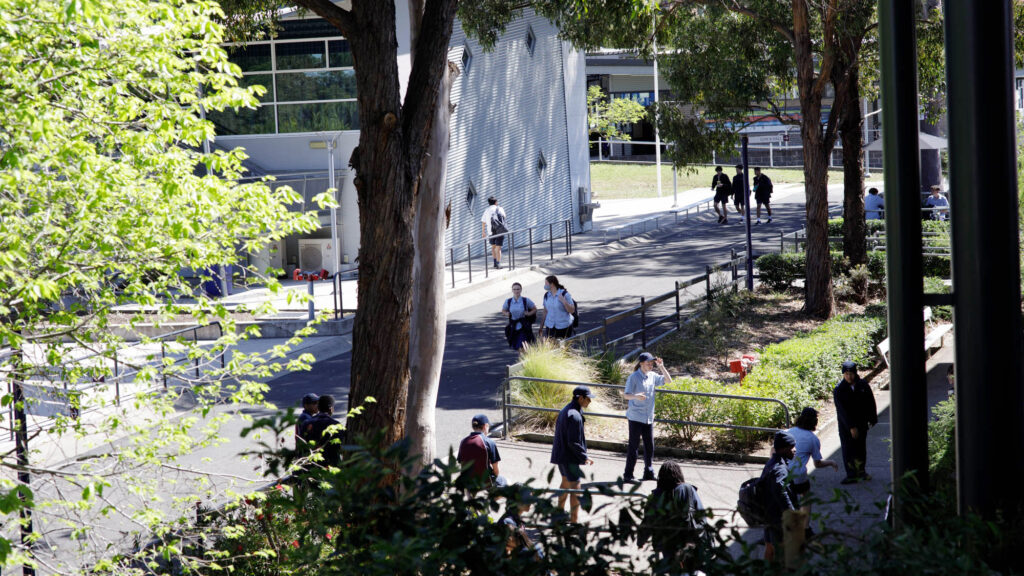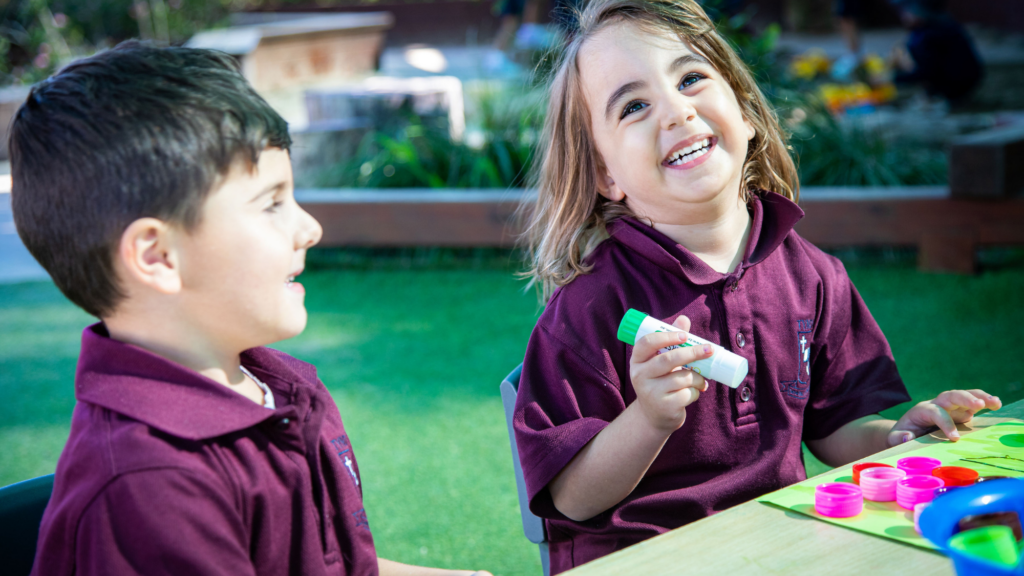History
The Association for Christian Education of Blacktown Ltd was formed in 1958 by Christian people of Protestant persuasion. It was their intention to establish a school in which their children would be taught in a manner consistent with their understanding of the Bible.
The School opened its doors in Kildare Rd, Blacktown in 1966, with 2 teachers, 3 classrooms and an enrolment of 32 students. In 1971, the first Tyndale students left the School to attend local secondary schools.
In 1976, Tyndale Christian School ventured into Secondary Education. In 1979, the school moved to its current site on 58 Douglas Road and the first Year 12 class graduated in 1981.
Over the years, Tyndale has been blessed with a committed, expert teaching and support staff, all of whom have been faithful to the vision of Christian education. Mr Peter van der Schoor, Mr Spencer Warren, Mr Graham Smith, Mr Geoff Clarke, Mr George Glanville and Mr Jack Joyce have all contributed to the life and growth of Tyndale in their role as Principal. In 2020, our current Principal, Mrs Rebecca Hall, took over the leadership of the School.
The facilities at Tyndale Christian School continue to develop to keep pace with changes in curriculum and population growth. The School facilities include a Trade Training Centre and Café, an 80-place Early Learning Centre and a Senior Studies Centre. In 2020, construction began on a new Kindergarten building and playground and a new Master Plan was developed for future expansion and refurbishment of the educational facilities.
Tyndale Christian School has a current enrolment of over 980 students from Preschool to Year 12, supported by approximately 140 staff members. As we reflect on Tyndale’s journey of over 50 years, we are grateful to those people who dreamed of a school where Jesus Christ would be central to learning and mindful of the sacrifice and commitment of parents through the years. Most of all we are grateful to God for his faithful provision, his guidance and blessing as we seek to serve and honour Him through our educational endeavours.
By God’s grace, many Tyndale graduates have fulfilled the School’s motto to ‘Serve the Lord with gladness’ in their churches, homes, on the mission field and in their professional and vocational fields, where their work has contributed to the well-being of society and the proclamation of the gospel.
Why call our School Tyndale Christian School?
Walking along the Embankment in London one discovers several statues of great people. One statue there is erected to the memory of William Tyndale.
William Tyndale was born in 1493 in the county of Gloucester. Little is known of his childhood, but as a young man he was educated at Magdalen Hall at Oxford and later attended Cambridge University. In 1520 Tyndale accepted a post at Little Sodbury as tutor and chaplain in the household of Sir John Walsh. In this home he had many theological discussions with priests of the area.
In 1408, a law had been passed forbidding any translation of the Scripture into English and warned that anyone caught reading the Scriptures would be excommunicated. Clerics argued that “ordinary people could not understand the Bible if they had one,” but Tyndale had a burning desire to bring the truths of the Bible to the common people around him. Tyndale vowed to one priest, “If God spare my life, ere many years, I will cause a boy that driveth the plough to know more of the Scriptures than thou doest!”
With this determination Tyndale sought the permission and the encouragement of the Bishop of London for his endeavours. He was refused so he left England, never to return again.

Convinced that salvation is a gift of God, obtained only by faith, not by works, and that the way to understanding God is through His Word, Tyndale made it his goal to ‘make the Scriptures available to the common people, in their mother tongue’.
He travelled to Cologne where he continued his work to the point where it was ready to be printed. Sadly, one of the printers, under the influence of drink, talked loudly of Tyndale’s work in the presence of John Cochleus who made it necessary for Tyndale to flee with his precious manuscripts. Finding a haven in Worms, the area associated with Martin Luther, he was able to finish the first edition of the English New Testament. Copies were smuggled into England to eager readers.
The Bishop of London, learning of Bibles coming to England, purchased the whole shipment in an effort to stop their distribution. In February of 1526 these Bibles were publicly burned. However, the money from the sale of the Bible provided funds for publishing the second edition of the New Testament. In 1534 Tyndale was staying in the home of an English merchant in Antwerp. Henry Phillips of that town pretended to be Tyndale’s friend but was to act as the Judas in his life. An invitation to a meal led the unsuspecting Tyndale into a trap.
He was taken as prisoner to the Castle of Vilvorde. There he spent almost 6 months badly treated as he awaited the death penalty. Before being strangled and burnt at the stake he cried out, “Lord, open the King of England’s eyes!” His last prayer was answered. Within one year, King Henry gave the English Bible royal recognition and every parish church in England was supplied with a Bible.
Our thanks to Barbara Cross, Mission to the World, Chelmsford, England
Our school name honours the legacy of William Tyndale and his commitment to Scripture. We confess that Scripture is the infallible Word of God and is indispensable and determinative for our knowledge of God, of ourselves and of the rest of creation and also for the whole educational task. A Tyndale education is bible-centred with all students taught and encouraged to read and study the Bible.


